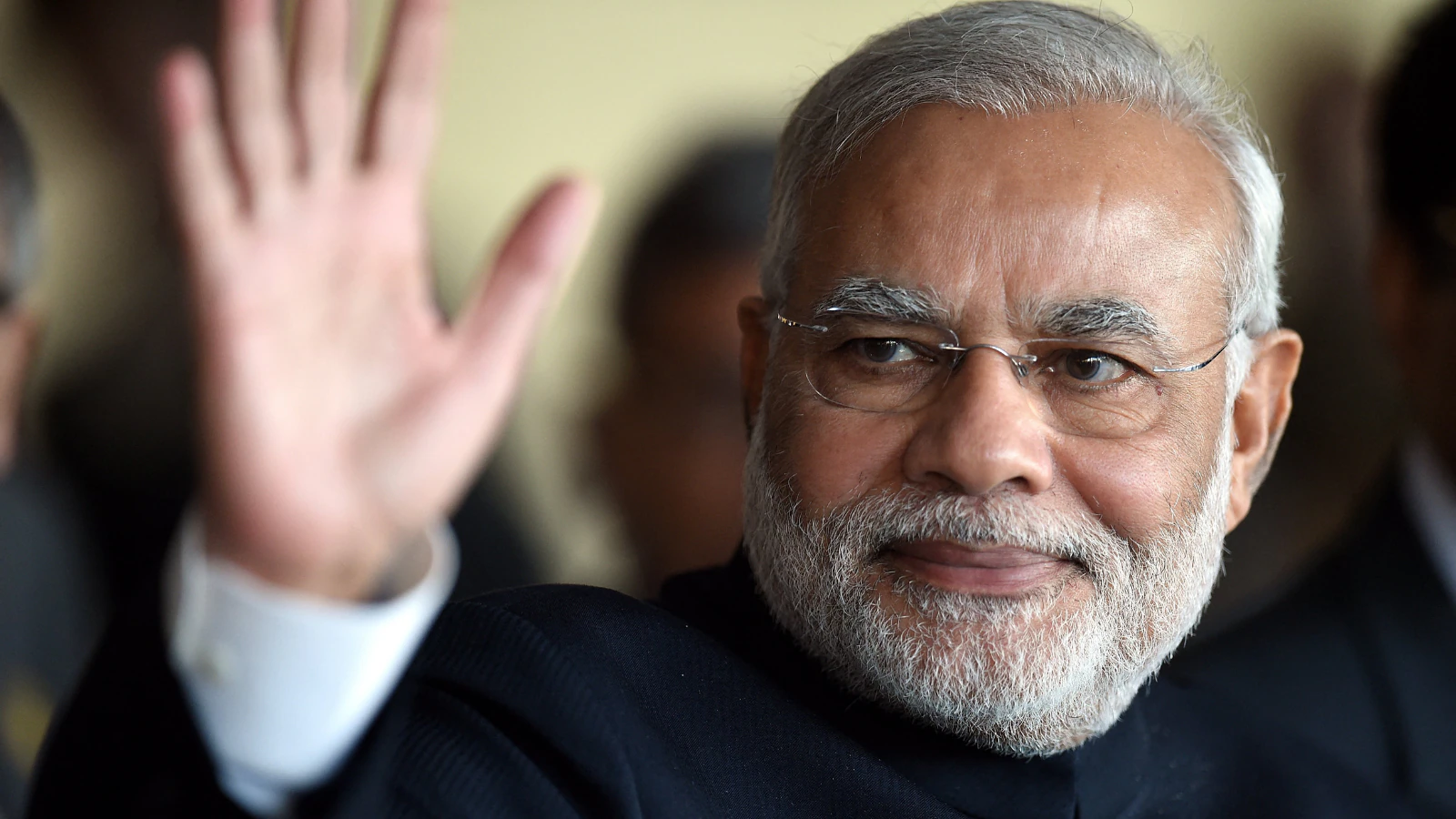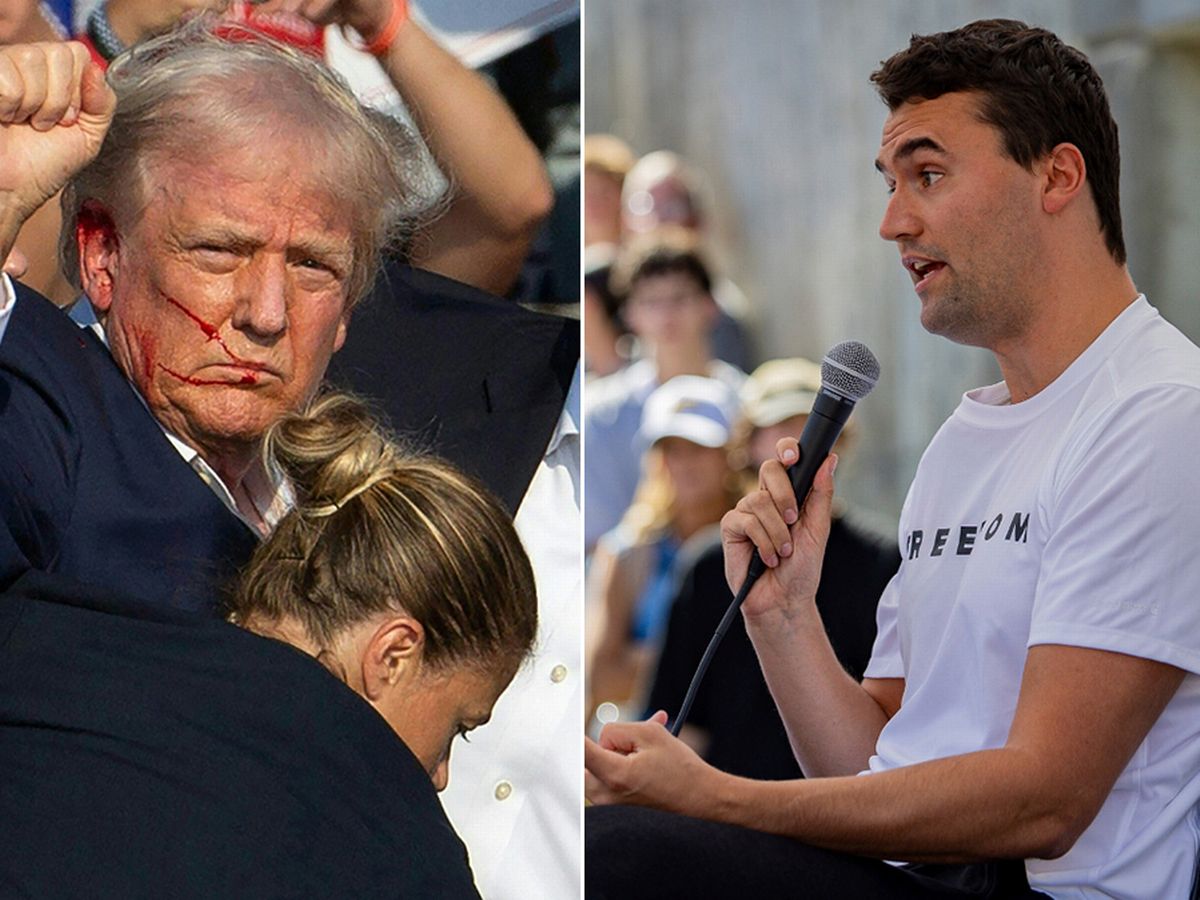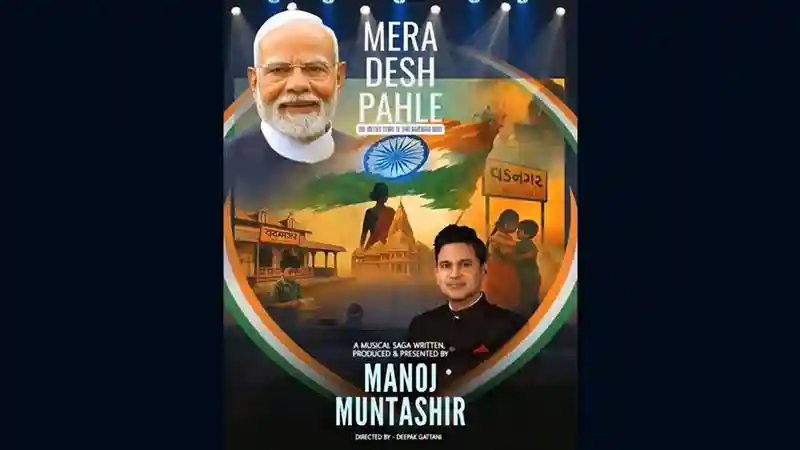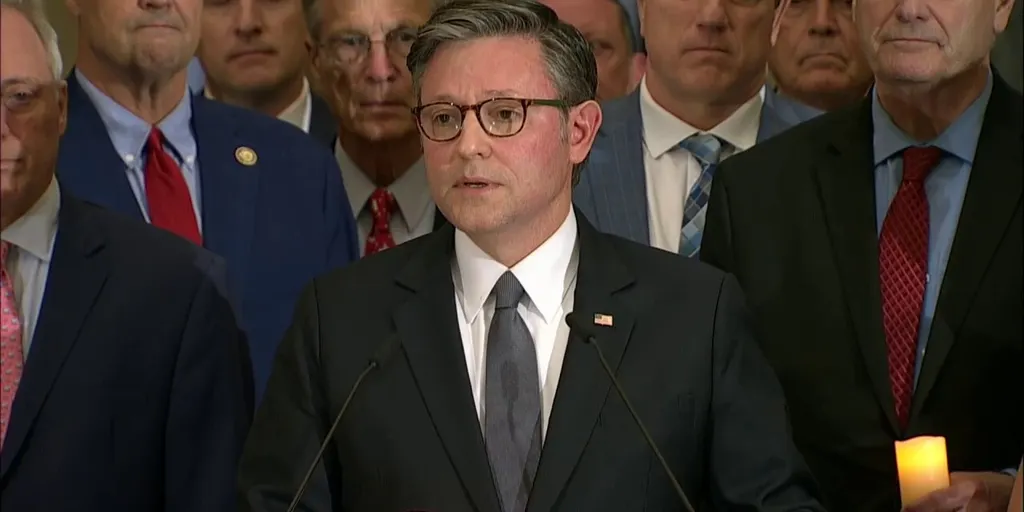By News18,Sohil Sinha
Copyright news18

Two years after Modi secured India’s permanent seat at the G20, India’s calculated leadership in the Global South has become the playbook for navigating a world in flux, delivering not just diplomatic leverage but results that matter.
Amid intensifying trade wars and shifting alliances, Modi’s diplomatic strategy placed Africa at the G20’s core, illustrating the effectiveness of relationship-building and principled leadership in securing enduring strategic advantages for India.
Africa’s G20 Reality
India’s journey to securing Africa’s G20 membership began long before the historic announcement at New Delhi’s Bharat Mandapam in September 2023. The groundwork was meticulously laid through Modi’s revolutionary “Voice of Global South Summit” in January 2023, which brought together leaders from over 125 developing nations in an unprecedented virtual gathering. The initiative constituted a fundamental reimagining of how emerging economies could collectively shape global discourse.
The summit’s theme, ‘Unity of Voice, Unity of Purpose,’ was no empty slogan. It captured Modi’s intent to cast India as the true standard-bearer for developing world ambitions. Across ten tightly choreographed sessions. Ranging from climate finance to digital infrastructure, India proved it could convene and lead nations usually left on the margins of global power.
Modi’s approach was both audacious and calculated. By declaring that “your voice is India’s voice” and “your priorities are India’s priorities” to the assembled Global South leaders, he effectively positioned India not merely as another developing economy seeking its place at the high table, but as the authentic champion of the world’s most populous and resource-rich regions.
This was the linchpin in forging the coalition that ultimately delivered Africa’s G20 seat.
Modi’s pitch to G20 leaders in June 2023 was no accident. It capped months of back-channel talks and was timed for maximum impact and unveiled when India held the G20 presidency and could set the agenda on its own terms.
India’s diplomatic success lay in presenting the African Union’s inclusion as essential to the G20’s legitimacy, not as a favor. India argued persuasively that true representation, including Africa’s 1.5 billion people, was morally imperative and crucial to addressing global challenges. Critics called it ‘tokenism’ and questioned Africa’s influence, but proponents maintained the move strengthened the G20’s legitimacy and enlarged Africa’s platform for practical action.
The unanimous approval that greeted Modi’s announcement in September 2023 reflected months of behind-the-scenes diplomacy. Even traditionally Western-aligned nations recognised that excluding Africa undermined the G20’s claims to global representativeness, whilst emerging economies welcomed the precedent of expanding membership to better reflect 21st-century realities.
And in 2025, India’s actions were duly reciprocated in kind as Modi visited Ghana and Namibia as part of his 5 nation tour. Facing China’s tightening control over rare earth minerals, Modi leveraged the goodwill from championing African voices in global governance to secure critical agreements on mineral partnerships, including rare earths in Ghana and uranium and lithium in Namibia.
The warm reception he received, becoming the first Indian Prime Minister to address Ghana’s Parliament and securing Namibia as the first country globally to license India’s UPI payment system, reflected how his earlier G20 diplomacy had transformed India from a symbolic post-colonial partner into Africa’s most trusted strategic ally.
Cementing the Global South Leadership
Modi’s win on Africa’s G20 seat is best seen as part of India’s shift from playing catch-up to setting the pace. Under his watch, India has challenged the old post-1945 order and put real alternatives on the table—alternatives that speak to both the West and the developing world. The African Union’s entry was proof that India could deliver results, not just rhetoric.
Rather than positioning the Global South against the Global North, India’s presidency emphasised universal challenges requiring collaborative solutions. The New Delhi Declaration’s unanimous adoption across 83 paragraphs, without footnotes or dissenting opinions, testified to Modi’s ability to build consensus amongst nations with vastly different interests and ideological orientations.
The success enhanced India’s credibility as a bridge-builder between different camps within the international system. By demonstrating that it could facilitate agreement between the United States and China, Russia and European nations, India established itself as an indispensable mediator in an increasingly fragmented world. Such positioning becomes invaluable when navigating contemporary challenges like trade disputes and shifting alliance structures.
Modi’s announcement of five concrete initiatives during the summit, including the Global South Centre of Excellence, Science and Technology Initiative, and Young Diplomats Forum, provided another play of excellence. It allowed for the creation of lasting institutional linkages between India and developing nations, establishing New Delhi as the coordinator for South-South cooperation across multiple domains from healthcare to space technology.
And now, amidst geopolitical turbulence, India’s actions are paying dividends.
Dividends Amidst Geopolitical Turbulence
The wisdom of Modi’s Global South strategy becomes apparent when examining India’s navigation of current geopolitical pressures, particularly regarding the United States under Trump’s renewed presidency. Despite facing 50% tariffs, among the highest imposed on any nation, India has maintained its strategic autonomy whilst preserving essential partnerships.
The diplomatic capital accumulated through championing Global South causes provides India with alternative partnerships and leverage that purely bilateral relationships could not offer. India’s investment in multilateral leadership through initiatives like the African Union’s admission into the G20 provides it with greater diplomatic room for manoeuvre when facing unilateral pressure from any single power.
India’s continued engagement with Russia, including Modi’s visit to Moscow as his first bilateral trip in his third term, illustrates how Global South leadership enables strategic flexibility. Rather than being forced into binary choices between great powers, India positions itself as the authentic voice of developing nations. It allows India to maintain relationships across ideological divides whilst advancing its national interests. The warm reception Modi received from African and Latin American leaders validates this approach’s effectiveness.
The contrast with other middle powers facing similar pressures is instructive. Nations without comparable Global South credentials find themselves more constrained in their foreign policy choices, often forced to align closely with one major power bloc.
When Trump administration officials made inflammatory statements about India’s role in the Ukraine conflict, calling it “Modi’s war” and referring to New Delhi as a “laundromat for the Kremlin,” the response from Global South partners demonstrated India’s accumulated diplomatic capital. Rather than isolation, India found support from nations that recognised its legitimate interests and principled positions.
The BRICS expansion, commitment to G20 goals, advancement of Global South at the G7, helped build a rapport and broader India’s coalitions whilst avoiding the perception of bloc politics.
Modi’s emphasis on South-South cooperation through platforms like the International Solar Alliance finds new expression through AU participation in G20 energy discussions. The alignment between India’s renewable energy capabilities and Africa’s massive energy needs creates natural partnerships that the G20 framework helps institutionalise. Rather than creating competition for scarce resources, the expanded Global South representation that Modi facilitated enables more sophisticated coordination of development strategies.
The success of India’s G20 presidency in achieving consensus despite deep divisions over Ukraine and other issues validates the effectiveness of inclusive leadership styles that prioritise problem-solving over ideological positioning.
The institutional innovations Modi pioneered through the Voice of Global South Summit and similar initiatives have created lasting frameworks for South-South cooperation that will transcend individual leadership tenures.
Modi’s achievement exemplifies how strategic foresight and principled leadership can create enduring advantages in an uncertain world. By investing in Global South partnerships when such relationships appeared less immediately valuable than great power engagement, India positioned itself to navigate contemporary challenges with greater flexibility and support than would otherwise be possible.
The current geopolitical environment and India’s navigation through it lends credibility to India’s approach. India’s network of Global South partnerships provides strategic alternatives and diplomatic support that prove invaluable under pressure. Looking forward, the institutional frameworks and relationships Modi cultivated through initiatives like the African Union’s G20 admission create lasting strategic assets for India’s continued rise.
The diplomatic investments Modi made two years ago continue bearing fruit precisely because they were grounded in genuine partnership rather than mere transactional calculation. By empowering African voices and Global South perspectives, India strengthened the broader coalition of nations seeking a more equitable and representative international order. In an era where unilateral approaches increasingly prove counterproductive, such collaborative leadership offers both moral authority and practical advantage for navigating the complexities of 21st-century geopolitics.



